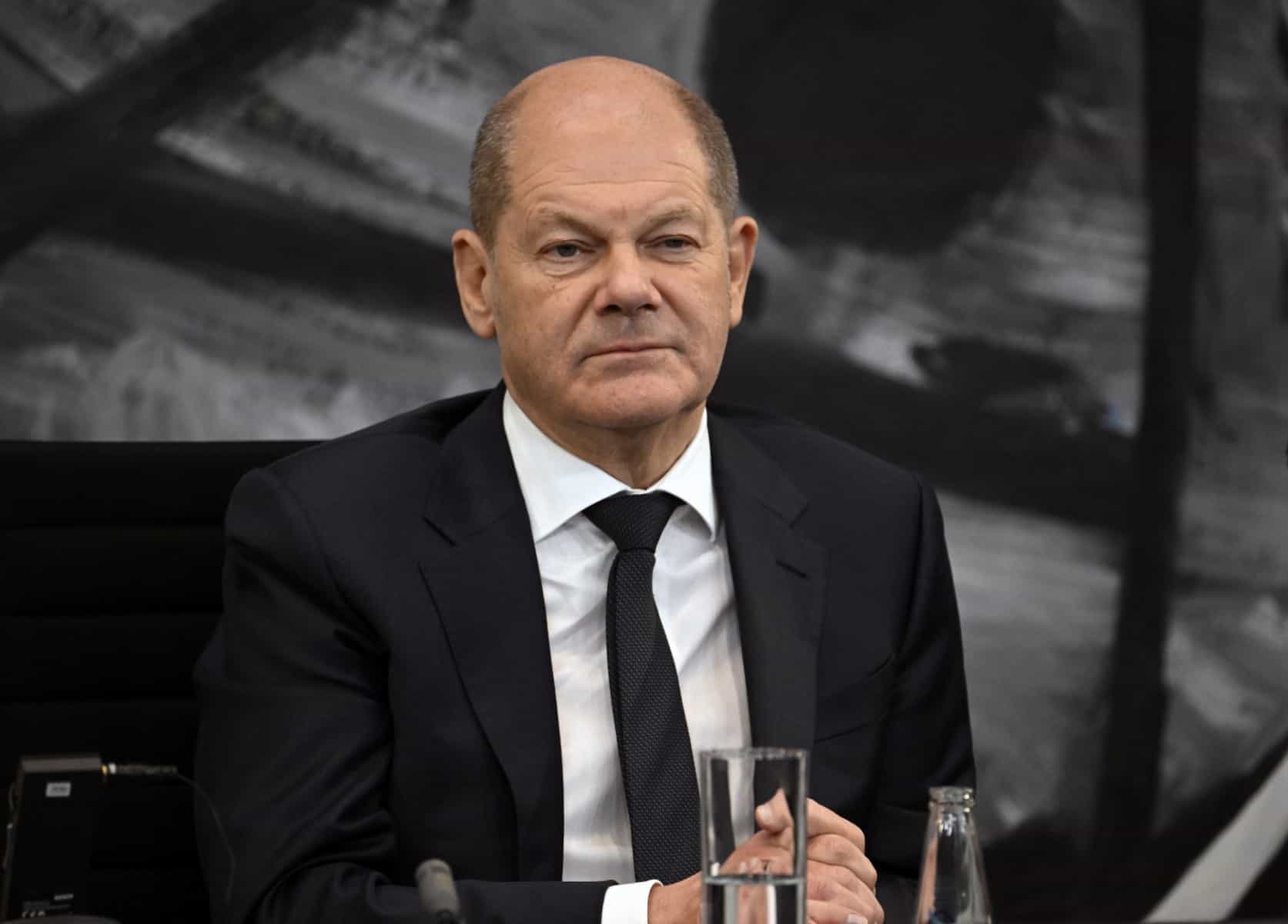Berlin, Germany – Germany’s recession is expected to be milder than previously predicted, Ifo said Wednesday, the first major economic institute to issue a brighter outlook for Europe’s biggest economy.
Economic output growth is expected to shrink by 0.1 percent in 2023, Munich-based Ifo Institute said, revising its previous prediction of a 0.3 percent contraction.
Rocketing energy prices in the wake of Russia’s war on Ukraine have led to sky-high inflation that have hurt Germany’s consumers and export-dependent industries.
But inflation is expected to slide from 7.8 percent in 2022 to 6.4 percent in 2023, as government measures to tamp down energy prices take effect.
Demand for goods in the manufacturing sector is also still strong with order books so well filled that production has “risen slightly until very recently”, noted Ifo.
Timo Wollermershaeuser, head of forecasts at Ifo, noted that Germany’s output already came in at a better-than-expected 0.4 percent growth for the third quarter.
While the subsequent two quarters are likely to show contractions, “after that, things will start to pick up again”, he said, predicting growth of 1.6 percent for 2024.
Ifo’s positive outlook came a day after a closely watched survey showed German investor confidence rising again in December.
The ZEW institute’s economic expectations index gained 13.4 points compared to November — the third consecutive increase after months of decline.
The German government has unveiled a 200-billion-euro ($210-billion) support package to mitigate the impact of the energy crisis, including a cap on gas prices for businesses and households.
The government nevertheless expects the economy to contract by 0.4 percent in 2023.








